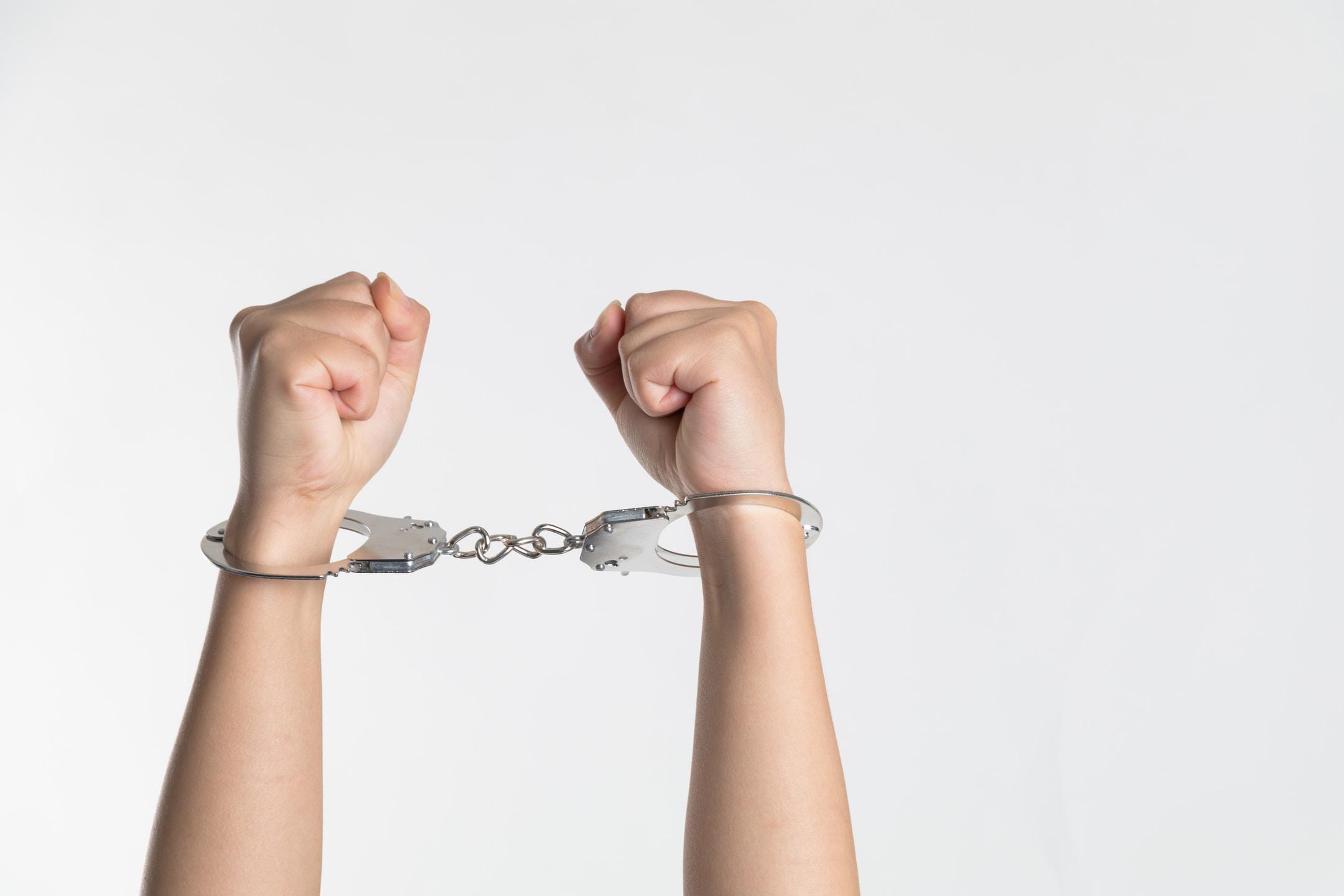If you’re facing a criminal conviction that you feel is unfair, you may have options to challenge the conviction. The criminal appeals process allows defendants in Florida to appeal the decisions made in their criminal case. However, it’s important to understand that an appeal is not a retrial or a new trial of the case. Typically, new evidence or witnesses are not considered.
You may have many questions when faced with a criminal charge that you want to appeal. As an experienced criminal appeal lawyer in Tampa, I’ve handled many of these cases in both state and federal court, including post-conviction matters. In this article, I’m sharing some of the most important things you need to know about the criminal appeals process:
Why criminal cases get appealed
If an appeal is not a retrial or new trial of a case, then what exactly happens?
Let’s say that you were a defendant in a criminal case that went to trial. If you ultimately received a guilty verdict, you can either: accept the verdict, or challenge it through the appeals court, which is a higher court system. However, you can only file an appeal on specific grounds, such as:
- Legal error: Lack of sufficient evidence, improperly admitted evidence, incorrect jury instructions, and denial of due process are all examples of legal errors that could potentially jeopardize your case.
- Juror misconduct: Jurors have a responsibility to consider the evidence presented without bias. For obvious reasons, this isn’t always possible: some jurors may lie, some may have watched news stories that influenced their decisions, and some may not have obeyed the jury instructions. All of these instances of misconduct can cause you to unfairly receive a guilty verdict.
- Ineffective assistance of counsel: Defendants in criminal cases have a right to adequate representation. If you lacked sufficient representation, either due to a conflict of interest or another reason, then you may be able to appeal your conviction.
What happens during the appeals process
In order to appeal your conviction, you must file the appeal with the clerk where your original criminal case was heard. There is a short timeframe to do so, so it’s essential that you speak with a criminal appeal lawyer in Tampa as soon as possible.
Next, a record is prepared. This includes all of the information that was used in the original criminal case, such as the court transcript, discovery, witness testimony, and other important information used before, during, and after trial.
The appellate court will review the record to determine if legal errors, juror misconduct, inadequate legal representation, or other valid factors led to an unfair trial. The court may also hear oral arguments from both sides.
If the appellate court finds that these factors did unfairly influence the verdict, then the appellate judge will either remand the case back to trial court for additional proceedings, or the conviction will be reversed and a new trial will be set. If the appeal is unsuccessful, then the conviction will be affirmed, which means it will stay the way it is.
Speak with a criminal appeal lawyer in Tampa
If you or a loved one received an unfair conviction, then you have a right to appeal the case. But it’s critical to speak with a criminal appeal lawyer in Tampa as soon as possible. Any misstep during the process can jeopardize your chances of a successful appeal, and there are strict deadlines involved.
Contact Candela Law Firm today to speak with a leading criminal appeal lawyer in Tampa.

